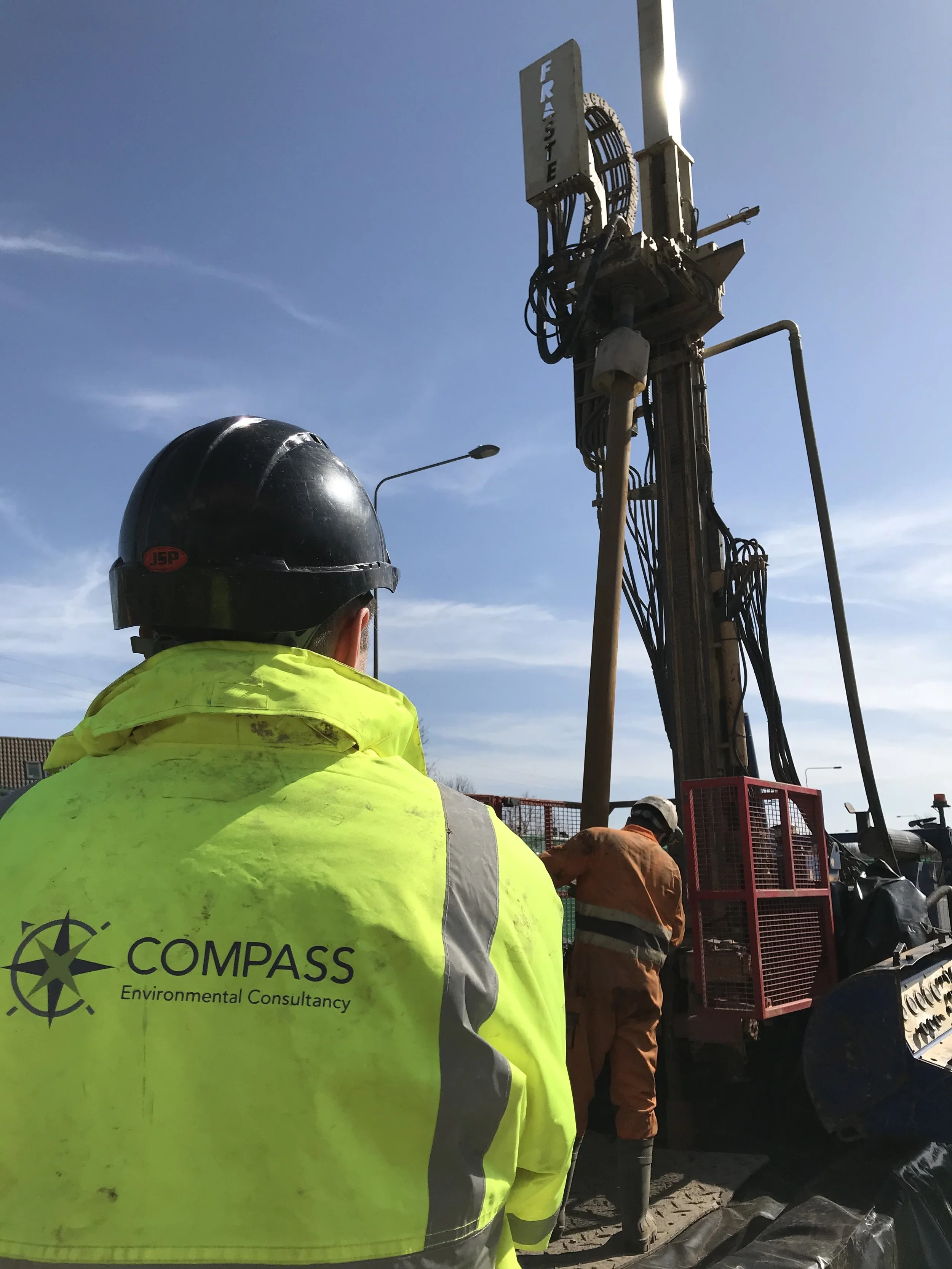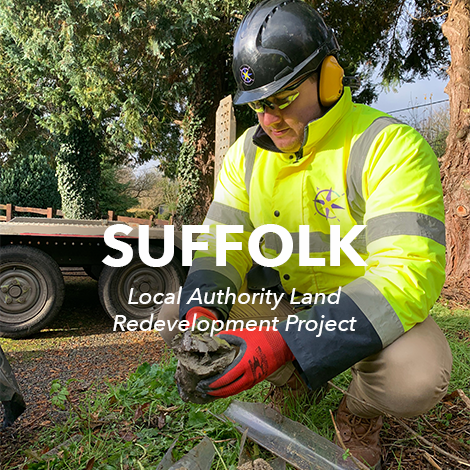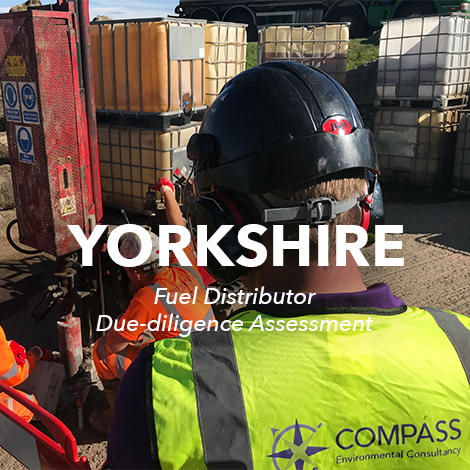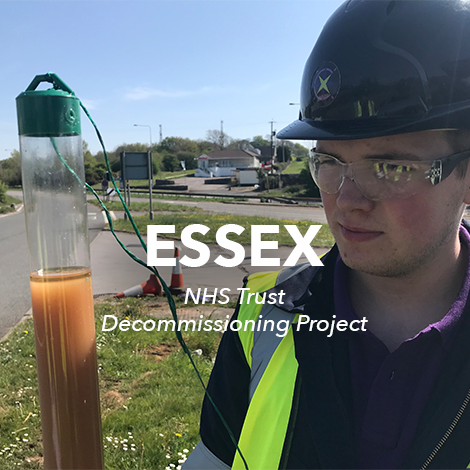Our expert team of consultants deliver a full suite of environmental and geotechnical assessment services to a range of public and private sector clients nationwide. Whether you are buying or selling a business, leasing or purchasing a new site, exiting a site, acquiring a piece of land for redevelopment or redeveloping your existing site - we are good people to know.
our GEO-environmental services
Compass are able to offer the following Geo-Environmental Services to assist you with your project:
Phase I environmental desk study & site walkover
Phase II environmental site investigation
Controlled Waters risk assessment
Human Health risk assessment
Remediation options appraisal and strategies
Remediation design and management
Site supervision and verification monitoring
Regulatory consultation to support with the planning process
Verification reporting
Third party report reviews
Environmental due diligence
Foundation and substructure designs
Construction monitoring and supervision
Earthworks design and control
Hydrogeological assessments
GEO-ENVIRONMENTAL CASE STUDIES
“The efficient and knowledgeable response from Compass was excellent and enabled us to refute the rectification costs being sought by the buyer. An affordable solution was agreed saving a substantial amount of money for our client. We will not hesitate to use Compass again.””
GEO-ENVIRONMENTAL FAQ’S
-
Environmental due-diligence is the assessment of environmental risks and liabilities at a site. It is important that you conduct due-diligence whenever you are purchasing, leasing or disposing of a site.
-
A Phase I geo-environmental desk study is a desk-based assessment of potential sources of contamination, potential pollutant pathways and environmental receptors - in other words, does your site contain contamination that could impact on the environment.
-
Where a potential environmental risk is identified by a Phase I desk study, a Phase II geo-environmental investigation is usually required. This process will usually comprise the drilling of boreholes to assess the condition of soil and groundwater beneath your site.
-
A groundwater risk assessment is used to check if contamination underlying your site could pollute sensitive groundwater resources. The sensitivity of groundwater varies across the country depending on the underlying geology - for example, in some areas you may be close to a drinking water resource which might be vulnerable to pollution.
-
A human health risk assessment is used to check if contamination underlying your site could impact on the occupants of your site or surrounding land. Land use can vary from less sensitive industrial sites to highly sensitive domestic and allotment settings.





